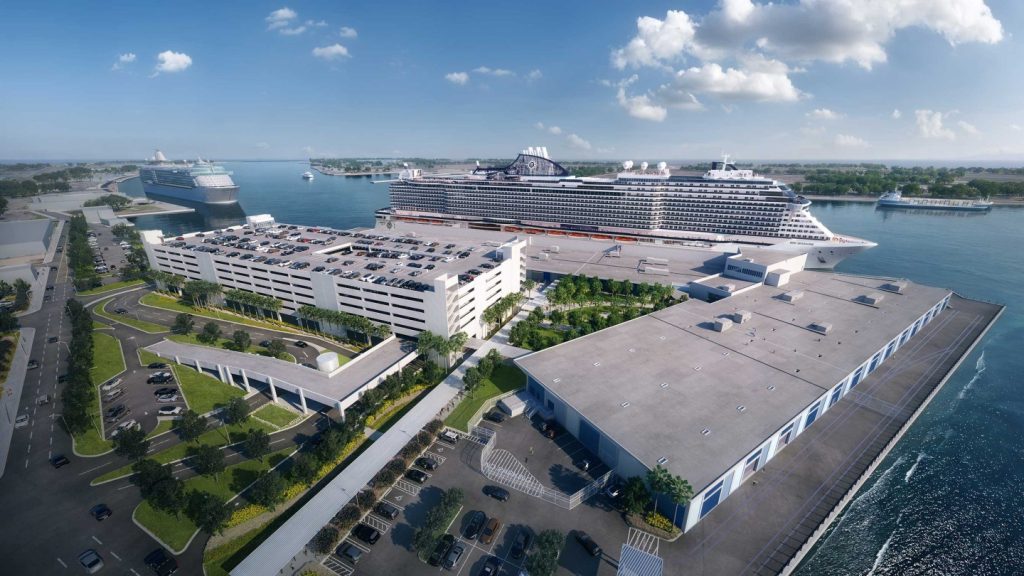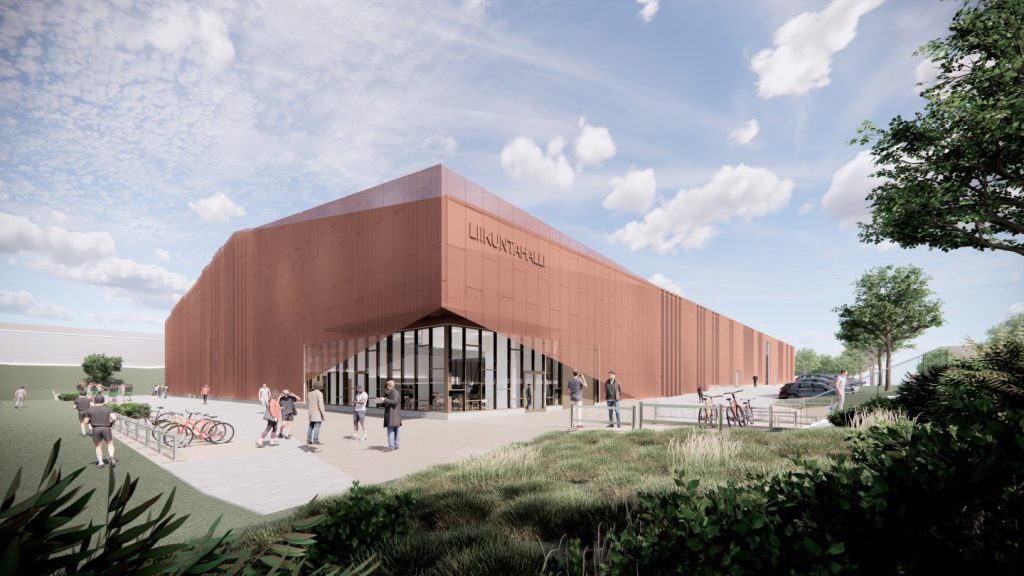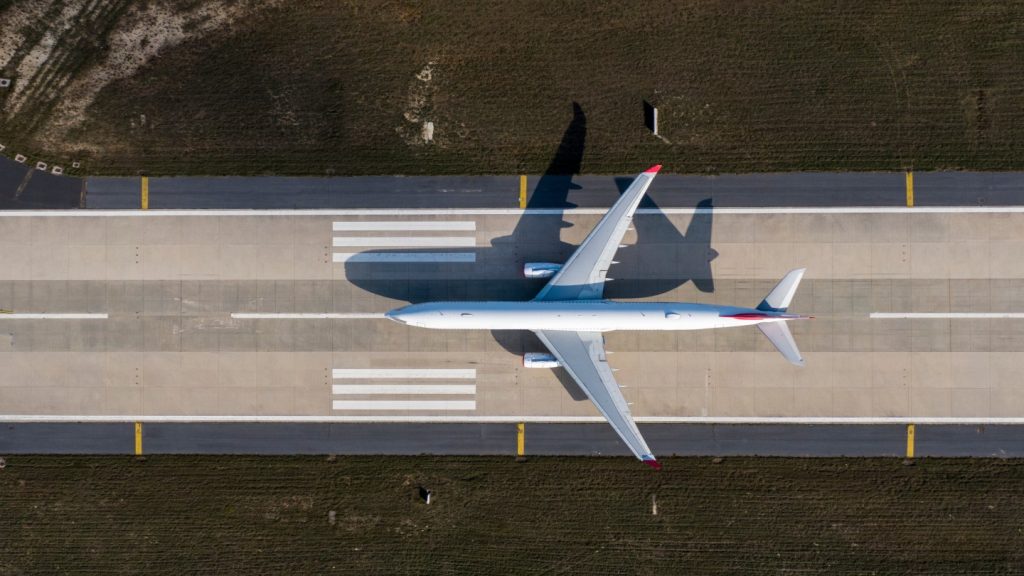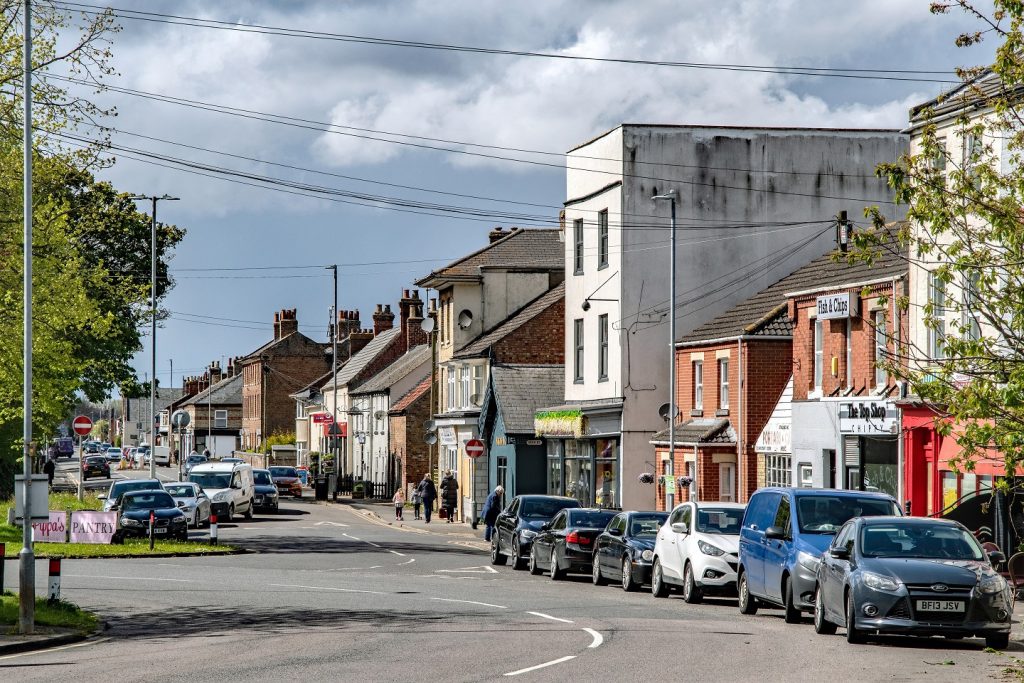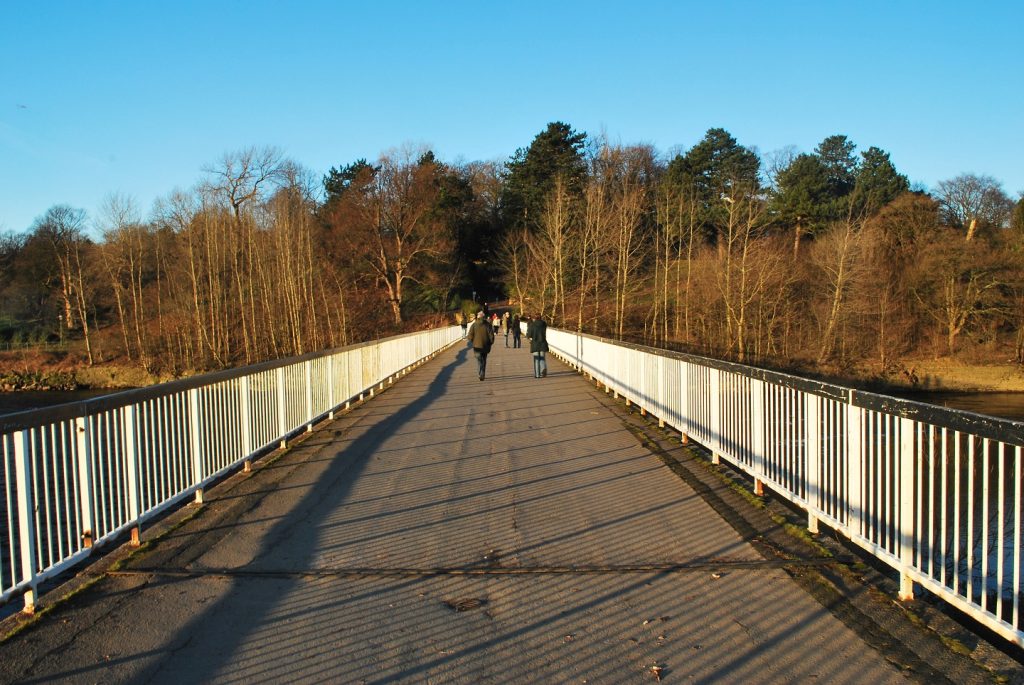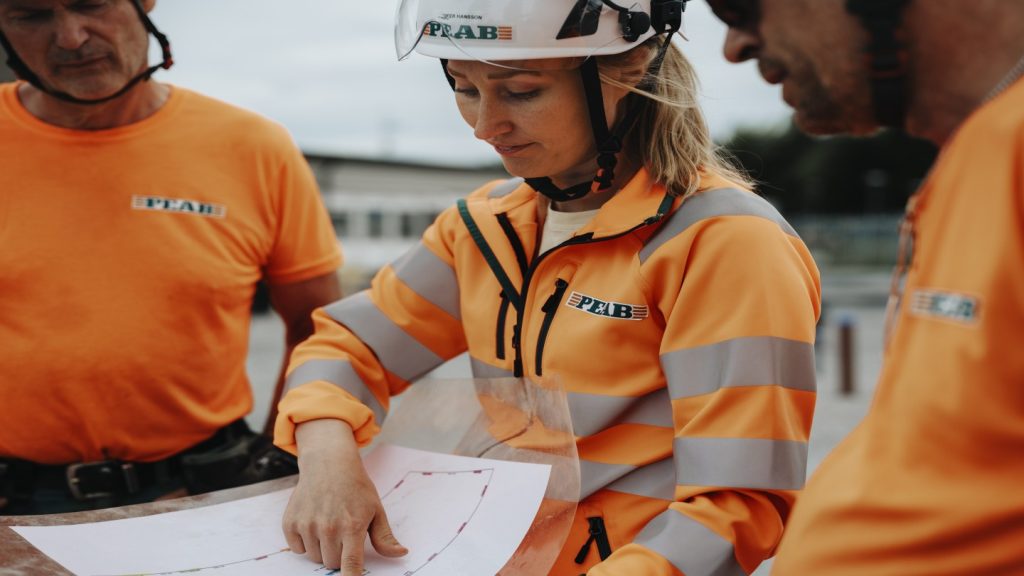The construction of Virginia Tech’s Innovation Campus Academic Building One in the US has successfully entered the final stages.
Set to open in January 2025, this building marks the first of three planned structures on a 3.5-acre site in Alexandria, just south of Reagan National Airport.
The 300,000ft², 11-storey building is situated across the Potomac River from the National Mall in the state.
It has been designed by SmithGroup, with Whiting-Turner serving as the contractor.
SmithGroup vice-president and design director Sven Shockey said: “I think we all felt the project was ideally suited for us because Virginia Tech set the ambitious goals for a building that would have a very high level of sustainability, and they wanted the computer science and computer engineering programmes to be housed in a top-tier research environment.
“The building and site need to work as a complete mini campus. It must be self-sufficient for a while until the other buildings develop around it.”
Virginia Tech's Division of Facilities has collaborated with Sasaki for master planning.
The plans include the integration of elements from the main campus in Blacksburg into the urban context of Alexandria, aiming to create a technology-centric environment.
The guiding principles developed for the project by Morris include a commitment to health and wellness, green and social spaces, flexibility, transparency, integrated technology, and sustainability.
The building uses next-generation computational processes and AI for modelling.
Some of the features of the building include an integrated photovoltaic system employing three technologies to generate electricity, vertical terracotta fins, and interiors with natural light.
Since the development's inception in 2018 and ground-breaking in September 2021, Virginia Tech has been preparing for the campus' opening by expanding its Master of Engineering programme.
More than 350 graduate students are currently enrolled in computer science and engineering courses in Falls Church, with plans to increase enrollment to 750 master's and 200 doctoral students.
It aims to graduate 550 master's and 50 doctoral students annually.




